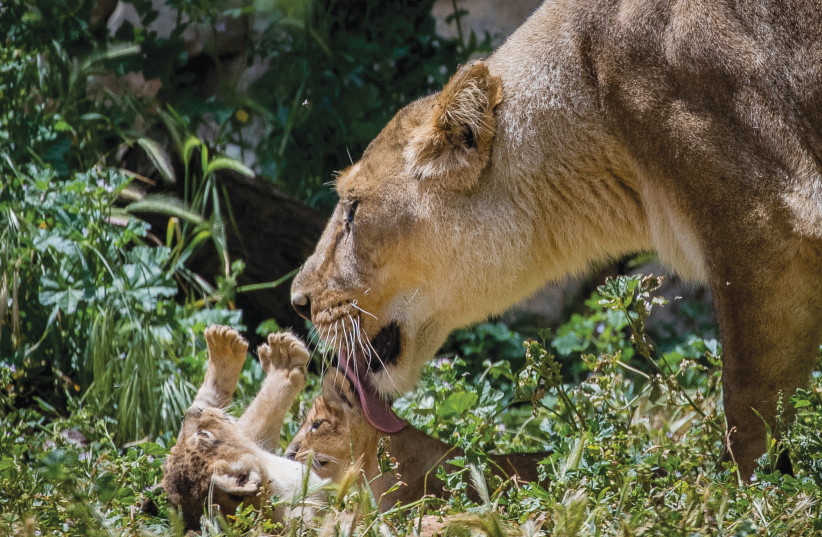Food web links around land mammals decreased by more than half in the past 130,000 years, according to a recent study.
Published in the journal Science on Thursday, researchers in the peer-reviewed study reached the conclusion that defaunation "caused a 53% decline in food web links globally," and that such webs are collapsing because of animal population declines.
Food webs are what influence the ecosystem's functionality, describe the relationships between species in an ecosystem and allow more species to co-exist by regulating certain populations.
The loss of food web links caused food webs to undergo regional declines, likely caused by the expansion of the human population, the study says, adding that while it's obvious that numerous species going extinct is a contributing factor, the "range losses for extant species degraded food webs to a similar extent."
Ecologist Evan Fricke, lead author of the study, said that "restoring those species to their historic ranges holds great potential to reverse these declines."

Throughout the process, researchers analyzed major changes to terrestrial mammal food webs from 130,000 years ago until the present "using extinct and extant mammal traits, geographic ranges, observed predator-prey interactions and deep learning models."
Regarding these major changes, Fricke said that "while about 6% of land mammals have gone extinct in that time, we estimate that more than 50% of mammal food web links have disappeared. And the mammals most likely to decline, both in the past and now, are key for mammal food web complexity.”
Using a machine learning algorithm
Scientists from the US, UK, Spain and Denmark assisted Fricke using a machine learning algorithm to correctly determine predator-prey interactions during this period, so that the researchers could understand what food web links between mammals were lost and the machine learning model could predict such interactions among species not yet directly observed by researchers.
"While about 6% of land mammals have gone extinct in that time, we estimate that more than 50% of mammal food web links have disappeared. And the mammals most likely to decline, both in the past and now, are key for mammal food web complexity.”
Evan Fricke
Lydia Beaudrot, a Rice University ecologist and one of the study's senior authors, said that machine learning "can tell us who eats whom today with 90% accuracy.”
